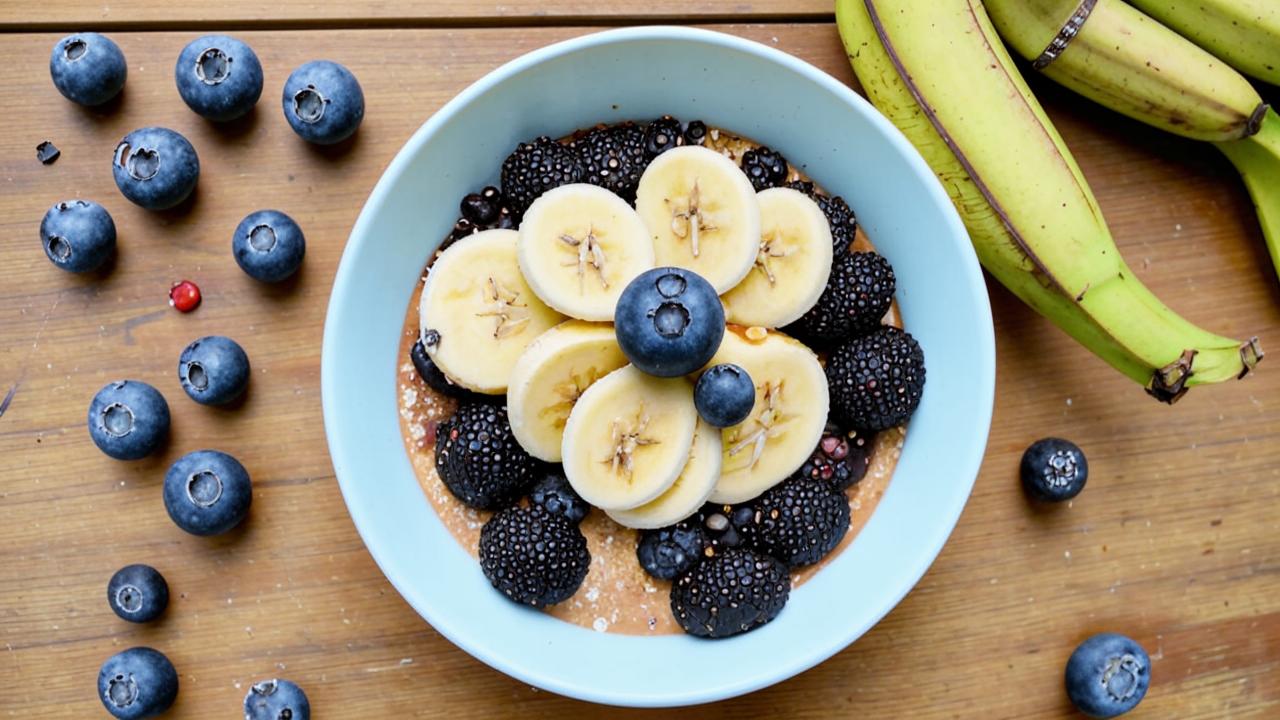
Who and why should not eat oatmeal?
Oatmeal is one of the popular breakfasts of many people. Oatmeal is rich in trace elements, organic acids and vitamins, thanks to which they have a favorable effect on the work of the whole body. But there are diseases in which the use of oatmeal should be limited or completely exclude it from the diet.
B vitamins restore energy, help to fight excess weight and improve the work of the heart muscle. Magnesium is necessary to improve the heart and nervous system, improves metabolism.
According to studies, oatmeal helps slow inflammation, lowers cholesterol and normalizes blood pressure.
Who should not eat oatmeal
Despite the large number of useful substances, people with certain diseases are not recommended to eat oatmeal or should limit its consumption.

First, oatmeal is useful in moderation, even for a healthy person. With excessive consumption, you can do more harm than get benefits. The fact that phytic acid, which is part of oatmeal, accumulates in the body and provokes the leaching of calcium from bone tissue.
Secondly, oatmeal is not recommended for people suffering from celiac disease – intolerance to cereal protein. In this disease, the villi of the intestine become inactive and stop working. Because of this, nutrients are no longer absorbed and enter the body.
Oatmeal in celiac disease disrupts the gastrointestinal tract, provoking irritable bowel syndrome. The disease is manifested by abdominal pain and stool disorders.
With hypersensitivity of the walls of the stomach fiber contained in oatmeal can cause bloating and gas.

Thirdly, oatmeal can be harmful to those who do not have digestive problems and allergies. It’s all about the sweet additives in the porridge. For example, brown sugar, honey or maple syrup increase the calorie and carbohydrate content.
People with diabetes need to be especially careful because eating sweet cereal can cause blood sugar levels to spike. I recommend adding fresh or frozen berries or some fresh fruit with a low glycemic index.





